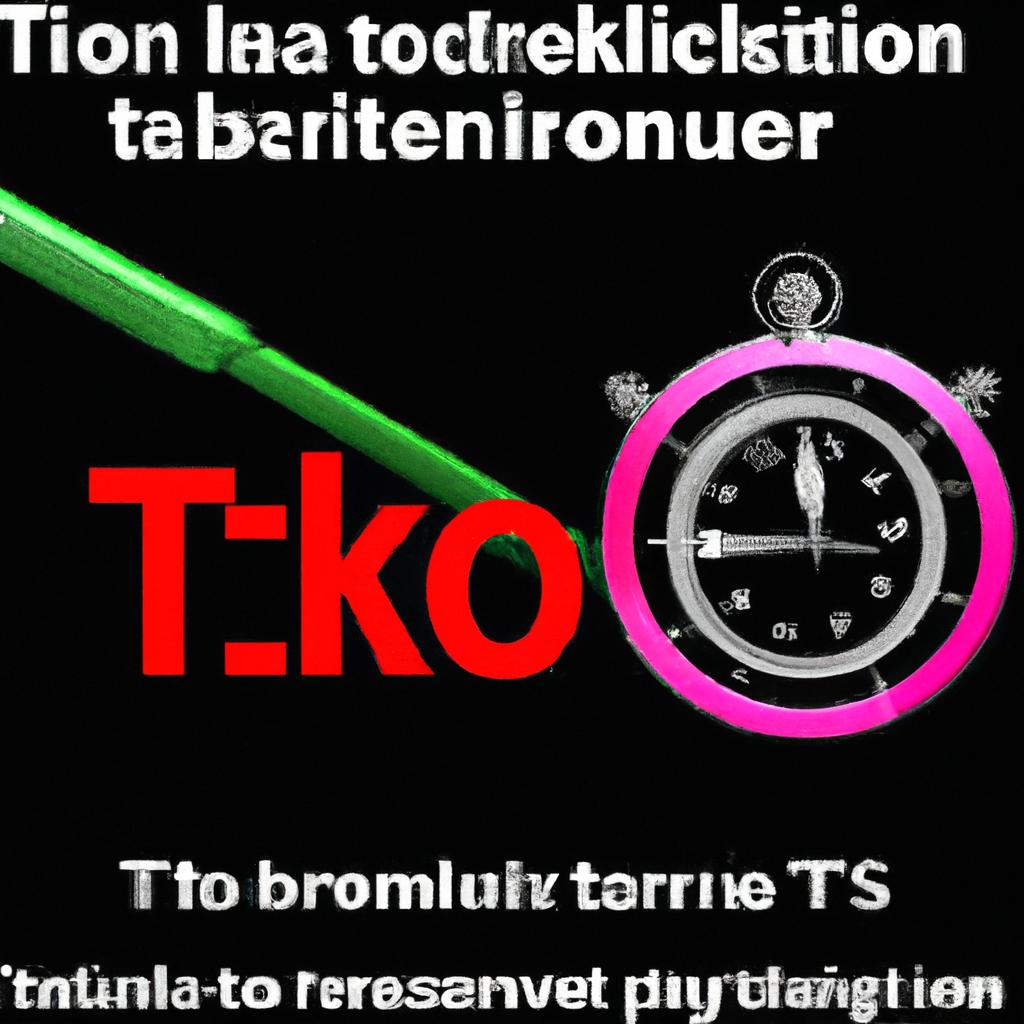The future of the House-approved bill seeking to ban TikTok is now uncertain as it heads to the Senate, where a different approach is being taken, and modifications to the proposed legislation may be requested by senators.
Senate’s Consideration of the TikTok Ban Bill
In contrast to the House’s quick response to the TikTok ban bill, the Senate is approaching the issue more cautiously. Senators do not feel the same sense of urgency and may want to make changes to the bill before moving forward.
Potential Amendments to the Bill
As the bill transitions to the Senate, it is expected that senators will suggest revisions to the legislation. This could involve altering the wording of the bill, adding new clauses, or even eliminating certain sections. The final version of the bill approved by the Senate may differ significantly from the original House version.
Uncertainty Surrounding TikTok’s Future
The uncertainty surrounding the fate of TikTok continues to grow as the legislative process progresses. With the Senate taking a different stance on the bill and the possibility of modifications, the future of TikTok in the United States remains unclear.
The Destiny of the TikTok Ban in the Senate
The destiny of the TikTok ban remains uncertain in the U.S. Senate, where there is less urgency compared to the executive orders issued by President Trump. The ongoing debate over TikTok, a popular social media platform owned by Chinese company ByteDance, has raised concerns about data privacy and national security. However, the Senate has yet to take decisive action on the matter, leaving the future of TikTok hanging in the balance.
Current Status
The Trump administration issued executive orders in August 2020 to ban TikTok and WeChat, another Chinese-owned app, from operating in the U.S. citing national security concerns. Legal challenges and negotiations have delayed the implementation of the bans, creating uncertainty about their final outcome.
Senate Inactivity
While the executive orders prompted urgency around the TikTok ban, the Senate has not prioritized the issue. Lawmakers have not introduced specific legislation to address the TikTok ban, leaving the future of the app in question. This lack of urgency has left many wondering about TikTok’s fate in the U.S.
Key Figures
Various stakeholders are involved in the TikTok ban debate, including ByteDance, the Chinese government, the Trump administration, and Congress. Each party has a different perspective on the issue, leading to a complex and contentious discussion about the ban.
ByteDance’s Efforts
ByteDance, the parent company of TikTok, has been working to address concerns raised by the Trump administration regarding data privacy and security. The company has proposed solutions, such as selling a stake in TikTok to a U.S.-based company, but negotiations are ongoing.
Chinese Government’s Stance
The Chinese government opposes the TikTok ban, viewing it as an attempt to suppress Chinese technology companies in the U.S. China has hinted at potential retaliation if the ban is enforced, escalating the dispute.
Trump Administration’s Position
The Trump administration has been advocating for the TikTok ban, citing concerns about data privacy and national security. President Trump believes TikTok poses a risk to U.S. users due to its Chinese ownership and potential government interference.
Congress’s Role
Lawmakers in Congress have not prioritized the TikTok ban, focusing on other issues like the COVID-19 pandemic and economic relief efforts. This lack of attention has prolonged the debate, leaving TikTok’s future uncertain.
In Conclusion
The fate of the TikTok ban remains uncertain in the Senate, where urgency is lacking compared to the executive orders. Negotiations between ByteDance and the Trump administration are ongoing, but the final resolution of the TikTok ban is still unknown. The outcome of this debate will have significant implications for data privacy, national security, and Chinese technology companies in the U.S.




